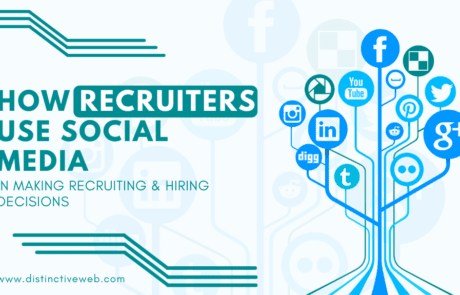 Working with a recruiter in your job search can be a key strategy to getting the career that you want.
Working with a recruiter in your job search can be a key strategy to getting the career that you want.
Understanding the type of recruiter that you are working with can be vital to ensuring that you are getting not only the job market exposure you want, and in the discreet manner you were hoping for, but ultimately that coveted job too. There are two types of recruiting firms: contingency and retained.
Firstly, what is a retained recruiter? A retained recruiter is one that has been hired, and therefore retained, by a company to seek out only the very best candidates for available positions.
The nature of these recruiters is to focus on in-depth research, constant communication and feedback, and quality in all aspects. In other words, the retained recruiter has been contracted–usually exclusively–to act as a consultant in finding the perfect-fit candidate for the company’s needs. Retained recruiters are most frequently contracted to fill hard-to-fill specialty roles and senior professional, management, and executive positions that pay six figures or higher.
How do retained recruiters work? They work exclusively for the organization or company that has hired them. This means that they will spend time really understanding the needs, culture, challenges, and goals of the organization that hired them.
But what does this mean for you as a job seeker? Here are some key facts about retained recruiters:
Depth of research and information
Because they are conducting a specific search for a specific position, retained recruiters take their time to research thoroughly not only the organization and their needs, but your credentials and needs as well. They need to make sure that you are being presented to an organization that will be a mutually beneficial match.
Preference for passive candidates
Retained recruiters conduct extensive research to find the candidate that is the best match for their clients’ specified needs. The retained recruiter will identify and then initiate contact with you.
For this reason, you MUST make yourself findable. If you are findable, and you are the best fit for the position specifications, the retained recruiter WILL contact you. How do you make yourself findable? Thoroughly complete your LinkedIn profile, strengthen your online identity, become known as an expert in your profession or industry, and nurture your professional network.
Stronger recruiter relationship
Because they are compensated by the organization for their time and expertise, retained recruiters perform much of the same screening process that a company’s Human Resources department would perform. This means that you will actually become quite familiar with the retained recruiter, their strategies, and available positions before you even get to meet the hiring manager at the organization.
Reduced quantity of competition
Because retained recruiters must be selective regarding the candidates that they present to an organization, you know that your resume will not be passed along to any company that is hiring for a position that might be only “similar” to yours.
Instead, you will interview with only for those companies where your experience and education match what the organization needs. Of course, you will still be competing against other worthy candidates, but only those also presented by the same recruiter, and therefore the number will be far fewer.
Patience is a virtue
Because retained recruiters focus on quality and present only candidates that match the organization’s requirements, you may need to be patient. After all, it’s about making the right fit and not about a fit that simply “will do”. While the process may be lengthy, ultimately your placement will be close if not exactly what you were hoping to obtain. Quality can take time.
If you are seeking a new job and have been contacted by a retained recruiter, keep in mind some of the key points above.
Career changers, whether you are seeking to change job functions or industries, will find that retained recruiters are rarely helpful to them since the recruiter is usually seeking a candidate with existing experience in a particular job function or industry.
However, if you are a professional, manager, or executive and you are seeking to leverage your industry expertise and advance your career, it will be to your benefit to cultivate and nurture relationships with retained recruiters that you come into contact with.









